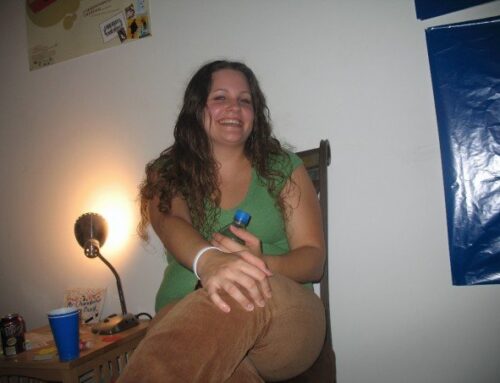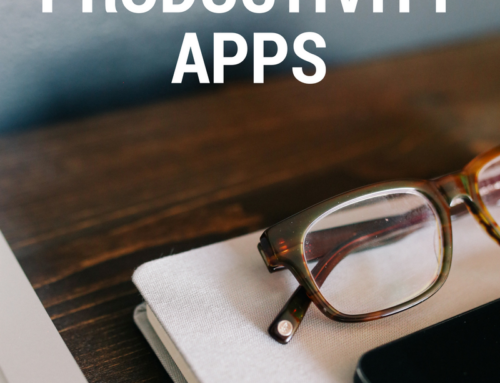My first FinCon was in 2018. I was recently laid off but attended anyway, mostly because the trip was already paid for. I didn’t want to leave the industry, and it was my old employer’s way of helping me find work — at least that was my interpretation of it.
An old editor suggested I go since FinCon is considered one of — if not the top — personal finance conference in the country. The conference tagline is “where money and media meet,” which is perfect for me. Since FinCon 2018 was in Orlando — just a three-hour drive from where I live in South Florida — it was an easy decision to go.
I attended every session I could and scoured the expo hall to chat with potential editors. But I felt a little out of place. While there were hundreds of bloggers there to learn how to monetize their own sites, I noticed that many people didn’t have the understanding of basic journalism to level-up in their work. This is no fault of theirs; you don’t know what you don’t know.
Most people that fall into the personal finance space aren’t journalists. They come from a couple different places, like:
- They overcame a huge financial burden and want to share that experience with others.
- They are in the finance space but aren’t writers.
I’m in neither group.
I fell into personal finance because a decade ago, an old editor introduced me to a personal finance publisher who needed someone to handle social media management. While working full-time jobs, I started freelancing on the side. After my first layoff in 2016, that same editor got me some freelance writing work at another personal finance site.
That little experience helped me move into the space that’s so widely occupied by others who may have had different paths here. And that’s when I knew others deserved to know these basic journalism skills to work in the industry.
I stopped some volunteers near the end of the conference and made my pitch: Can FinCon include journalism sessions? I think attendees would find them so valuable!
While they told me to bring it up to conference organizers, I wasn’t quite sure who that was at the time, and left it alone. A few months later, as a call for pitches came out, I saw that there was a new journalism track added. Whether it was my suggestion alone or one in a crowd of many, I didn’t care. Journalism was coming to FinCon!
But what was I going to talk about?
Ask any editor I’ve ever reached out to — I’m very bad at pitching. It takes me forever to come up with a cultivating idea that someone maybe hasn’t done yet. And by the time I get my stuff together, the moment has long passed. Pitching a session? At FinCon? I wasn’t confident I’d pull through.
I brainstormed with an old colleague about what I could do. She helped me craft my pitch: How to use journalism tools to be a better writer. By the third deadline in April of 2019, I sent it in. Then I waited.
A few weeks later, I got the email.
I was selected to be a FinCon19 speaker.
I knew that hundreds (maybe thousands?) of people pitch sessions at FinCon — many with their own unique titles and views on what to talk about. Yet mine was selected, only a few months after I had attended my very first FinCon.
Now I had to make it real.
I didn’t realize the magnitude until a few other writers in the industry shared their pitch didn’t get accepted. These are people I highly respect and whose work I greatly admire. Maybe their pitches were similar to ones that were accepted. For mine to stand out was not only something I didn’t expect, but since I have a history of not great pitching, I was surprised mine made the cut. I knew I had a lot to live up to.
I spent the first couple months slowly outlining what I wanted to talk about while still working full-time for my business, Blossomers Media. I still had articles to write, sources to call, and clients to email. Fitting in a presentation wasn’t something I could do on the fly.
As my August deadline approached, I crafted my slides and practiced my presentation. With a 40-minute session, I knew I had to slow my speech down. I naturally talk fast. The first time I clocked my presentation, it came in at 18 minutes.
But I fine-tuned my script and practiced enough that I had it nearly memorized. I had about 100 people show up. They laughed at the right times and applauded at the end. They asked great questions throughout and I had a lot of them stop by after to chat. Some stopped me later in the conference to share praise. It was a truly amazing experience that I’m so grateful I got to experience.

If you didn’t get to make it to my session, don’t worry! You can purchase the 2019 FinCon Virtual Pass that includes every session from the conference, including mine. Using my affiliate link allows me to collect a portion of your purchase, allowing me to dedicate more time and energy to future conference sessions.



